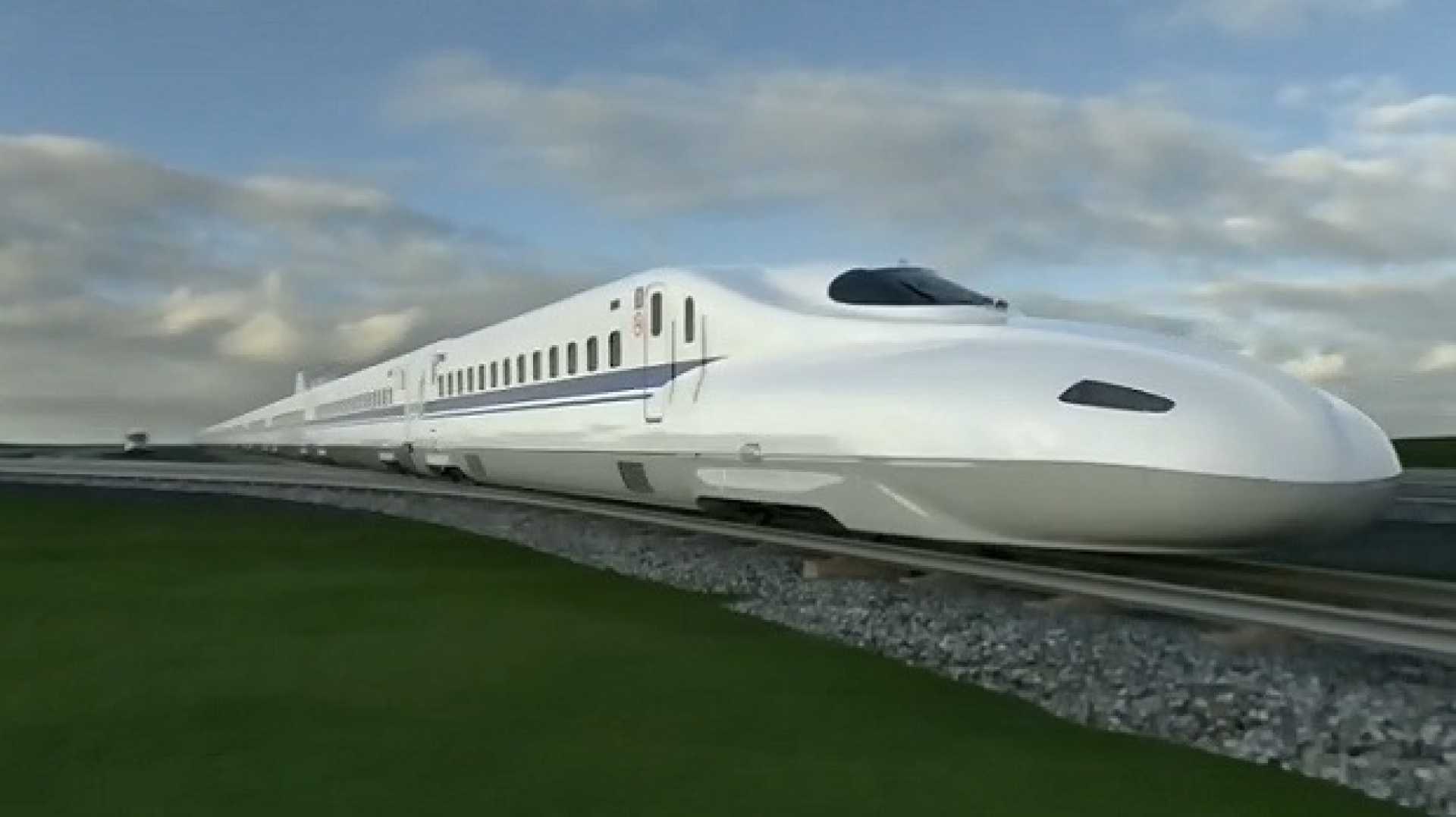News
Canada’s Consideration of High-Speed Rail Between Toronto and Quebec City

OTTAWA — The Canadian government is considering building the country’s first high-speed rail link between Quebec City and Toronto. Public Services and Procurement Minister Jean-Yves Duclos announced that this significant infrastructure project is under serious consideration. “The next step is to go to a high-speed train, and that’s an option which is being seriously considered,” Duclos stated.
The proposal aligns with previous plans unveiled in 2021, which aimed to create a “high-frequency” rail corridor connecting Toronto, Peterborough, Ottawa, Montreal, Trois-Rivières, Laval, and Quebec City. The estimated cost for this initiative was initially set between $6 billion and $12 billion. Three bidders have been identified for the project, tasked with providing proposals for a conventional rail network with train speeds up to 200 km/h and a higher-speed option that rivals European rail standards.
Jean-Yves Duclos highlighted that the models being explored closely align with high-speed train systems. VIA HFR, the VIA Rail subsidiary overseeing the project, is leading these efforts. Martin Imbleau, CEO of VIA HFR, emphasized the project’s evolution from its original concept: “We are now focusing on speed and frequency. Speed means kilometers per hour and total travel time,” said Imbleau.
The Canadian government is expected to announce the successful bidder shortly, along with more details on the functioning of the new rail corridor. Though timelines remain unspecified, some estimates suggest the rail link might not become operational until the mid-2030s. This project is anticipated to undergo a federal environmental impact assessment and other regulatory reviews before proceeding.
Canada stands as the only G7 nation without a high-speed rail system. The proposed rail link, spanning over 1,000 kilometers, primarily aims to be electrified, making use of low-emission technologies and potentially reducing road vehicle use significantly. The corridor will pass through major cities like Ottawa and Montreal, with possible extensions to London and Windsor.
Transport infrastructure has long been a matter of political debate in Canada. During the 2011 election campaign, the Liberal and NDP leaders both supported the idea of such a megaproject. The initiative is viewed as potentially transformative, connecting a significant population in Canada’s Central corridor.












